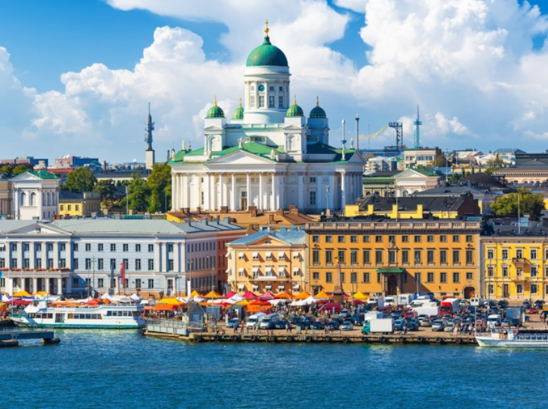
Finland's consistent ranking as the happiest country in the world for the seventh consecutive year prompts curiosity about the factors contributing to its citizens' contentment. Alongside Finland, Denmark, Iceland, Sweden, and israel make up the top five happiest nations, while afghanistan finds itself at the opposite end of the spectrum in 143rd place.

Notably, australia ranks 10th, the UK 20th, the US 23rd, germany 24th, china 64th, and russia 70th, with india positioned at 126th and pakistan at 108th. Several factors contribute to Finland's happiness, including per capita income, social support, freedom, and equality. Notably, countries like America and germany have seen declines in their rankings, while nations like costa rica and kuwait have entered the top 20. On the contrary, afghanistan, Lebanon, and jordan witness dwindling levels of happiness among their populations.
In Finland, people attribute their happiness and health to their work-life balance and their adeptness at achieving success. The populace's greater understanding of how to navigate life successfully contributes significantly to their overall well-being. However, research indicates a decline in happiness among younger demographics in regions like North America, australia, and New Zealand, contrasting with increased happiness across all age groups in Eastern Europe.
Additionally, while inequality has surged globally, europe appears to be an exception, with Western european countries reporting relatively stable levels of happiness. Overall, the annual World Happiness Report offers valuable insights into the evolving landscape of global happiness, shedding light on the diverse factors influencing individuals' well-being across different nations and demographics.




 click and follow Indiaherald WhatsApp channel
click and follow Indiaherald WhatsApp channel